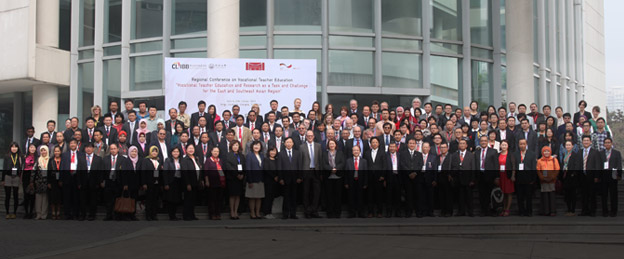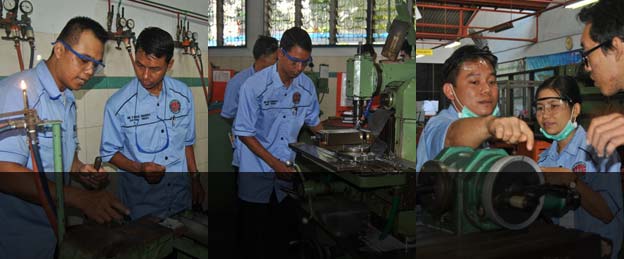
Editorial Issue 24: Vocational Didactics I: Construction Technology, Wood Technology and Color Technology and Interior Design
The initial and further education and training of TVET teachers and instructors includes vocational didactics, which focuses on specific occupations or occupational... Read more.
Current Development of Vocational Professional Teacher Education in Indonesia
The TVET sector plays an important role in the development of human resources in the context of global competition. For this reason, the Indonesian government has... Read more.


